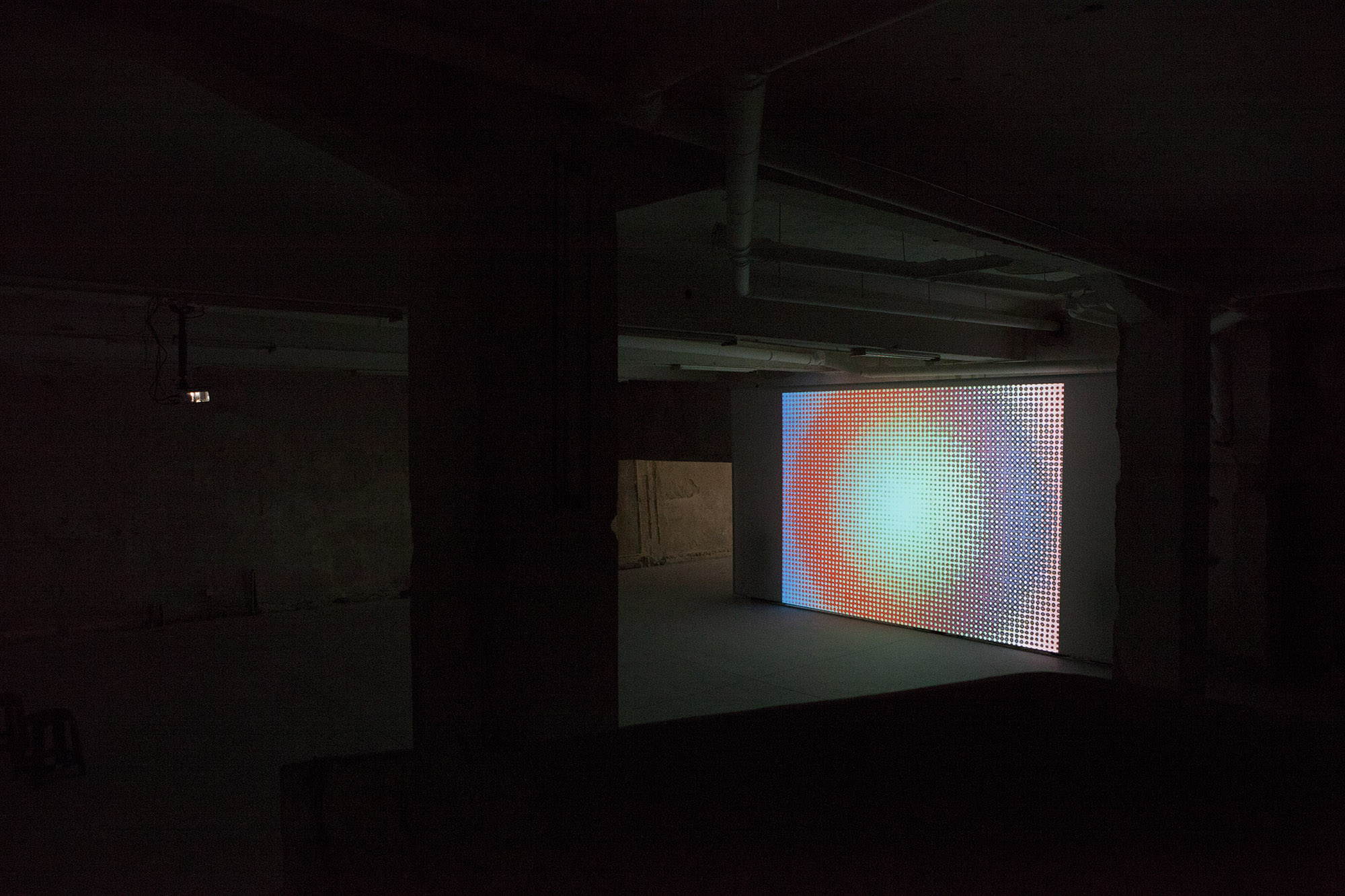

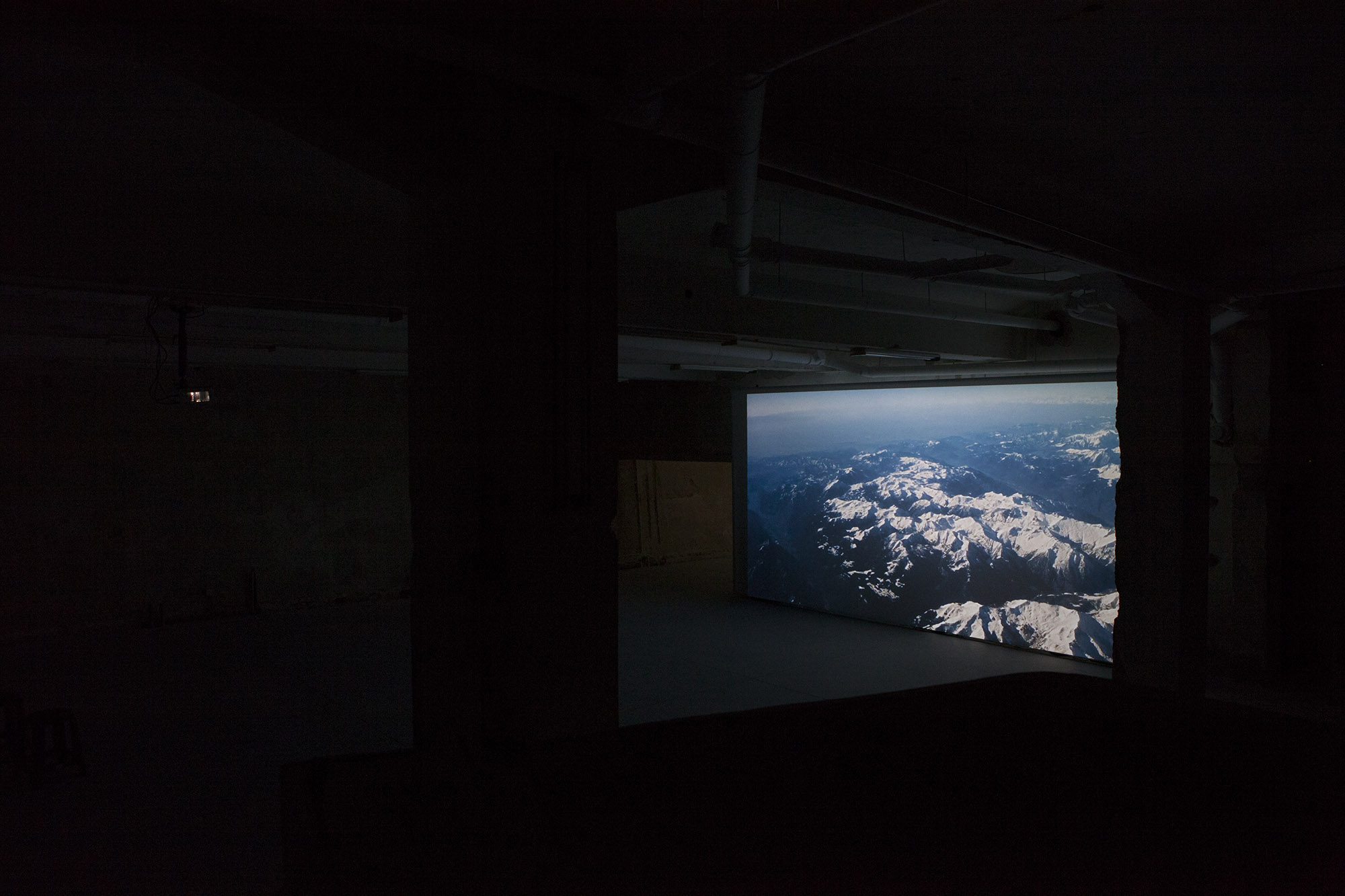
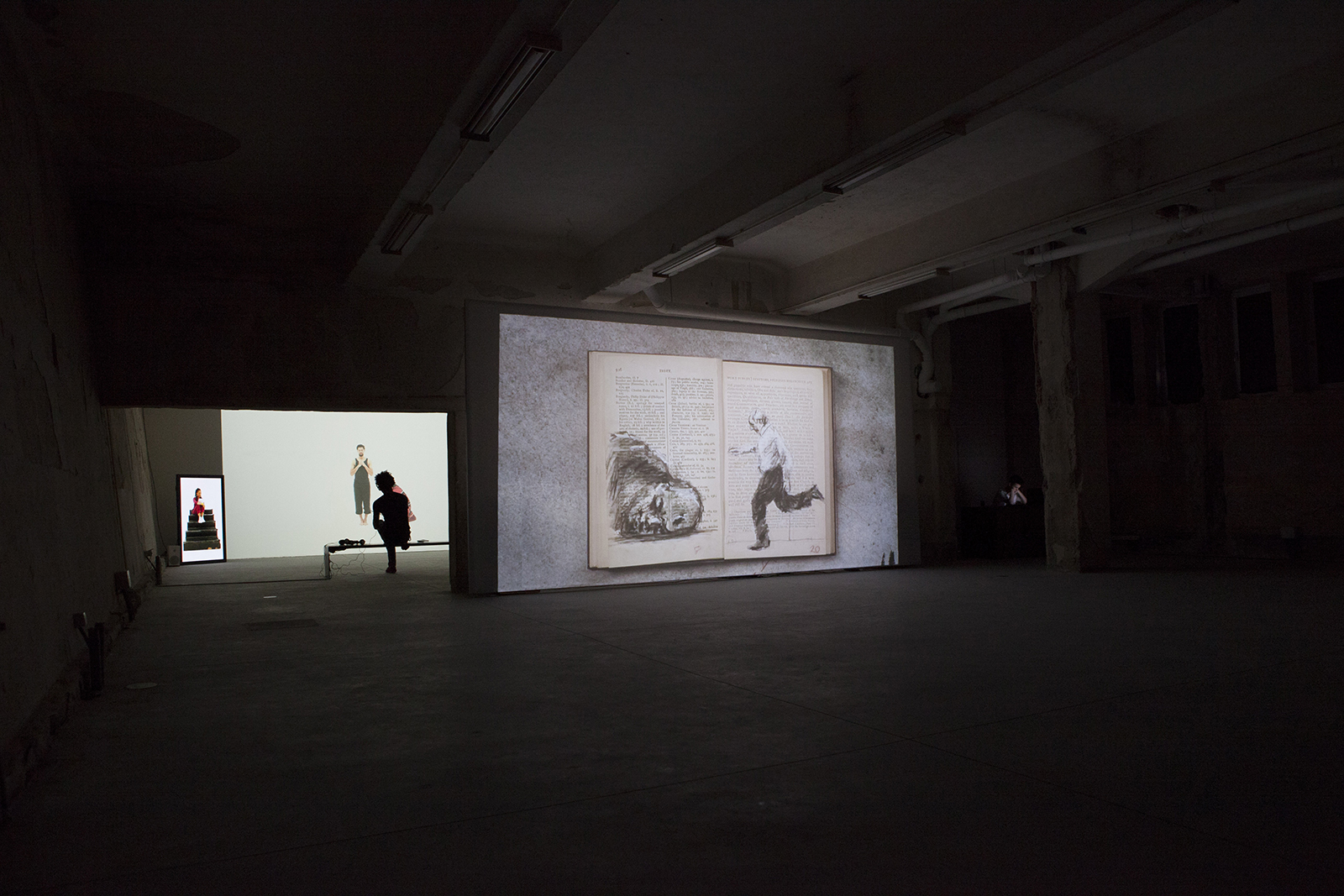
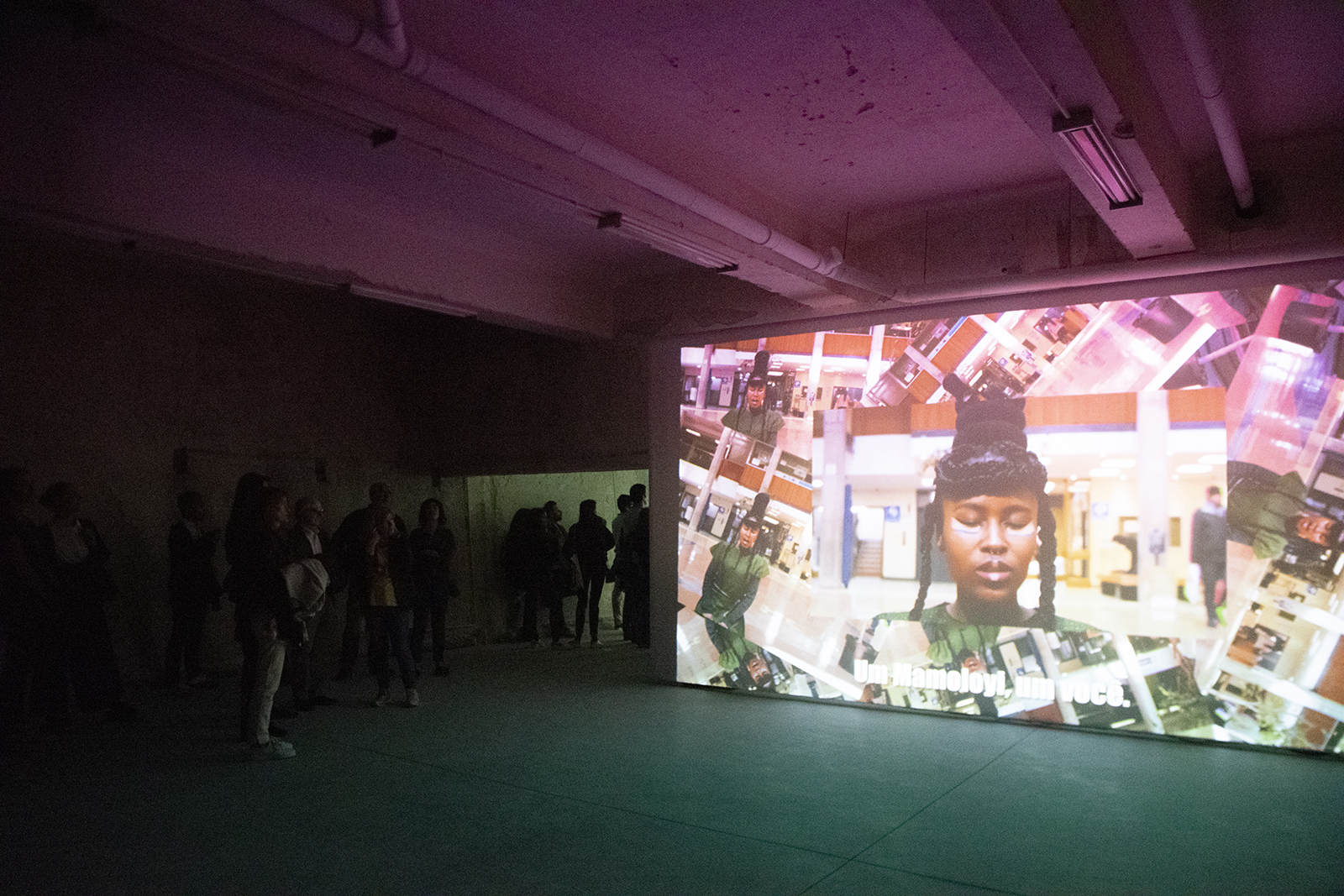
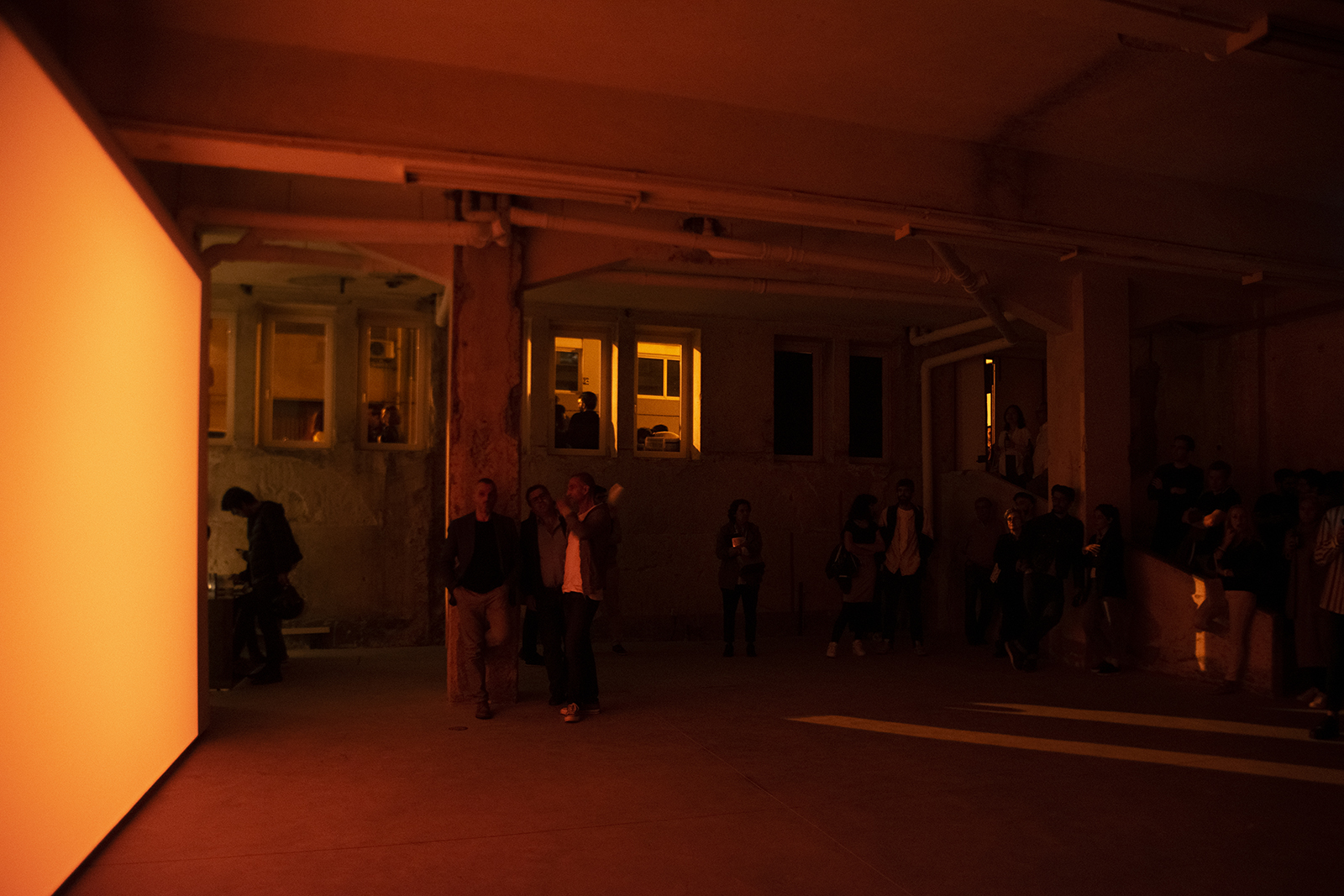

LOST LOVER
Lanchonete<>Lanchonete, Rio de Janeiro, Brazil
1 September 2018
Rampa, Porto, Portugal
24 May - 16 June 2019
More info here
Artists: Simnikiwe Buhlungu, Reza Farkhondeh & Ghada Amer, Lungiswa Gqunta, Dan Halter, William Kentridge, Malebona Maphutse, Nástio Mosquito, Thenjiwe Niki Nkosi, Lunga Ntila, Nkiruka Oparah, Athi-Patra Ruga and Jonah Sack.
Curated by Lara Koseff
Lanchonete<>Lanchonete, Rio de Janeiro, Brazil
1 September 2018
Rampa, Porto, Portugal
24 May - 16 June 2019
More info here
Artists: Simnikiwe Buhlungu, Reza Farkhondeh & Ghada Amer, Lungiswa Gqunta, Dan Halter, William Kentridge, Malebona Maphutse, Nástio Mosquito, Thenjiwe Niki Nkosi, Lunga Ntila, Nkiruka Oparah, Athi-Patra Ruga and Jonah Sack.
Curated by Lara Koseff
LOST LOVER, first presented at Lanchonete<>Lanchonete project space, Rio de Janeiro, Brazil, is a video programme curated by Lara Koseff, exploring an allegory of longing – whether it is for a reclaimed or new romantic, political or social reality. The programme first took place in collaboration with curator Paula Borghi and artist Thelma Vilas Boas in the street outside Lanchonete<>Lanchonete, which was at the time situated in an old snack bar in Gamboa, a part of the city where historically slaves arrived from Africa, and many years later, in recent history, was intensively and thoughtlessly gentrified to serve visitors coming to see major sporting events. This is within an area where communities were brutally traded, and oppressed, and their decedents, in turn, marginalised and ignored in favor of holidaymakers and moneyed cliques. To these communities, was presented a programme in image, music and light that illuminates various strains of longing, offering different and new realities that were lost along the way, from across the Atlantic, and suggesting the need for new routes of reclamation.
By invitation of Noémia Herdade Gomes and Nuno de Campos of Rampa, the exhibition then travelled to a very different yet connected context – Portugal, the country that played a central role in the Atlantic Slave Trade, and has an interweaved and complex connection to both Brazil and Africa. Rampa is an alternative space, located in Pátio do Bolhão in downtown Porto. Named after the long ramp that leads visitors into a half-basement warehouse, Rampa's aim is relooking at old bridges between Porto and the world, and finding and reclaiming new paths of understanding between this and other cities.
By invitation of Noémia Herdade Gomes and Nuno de Campos of Rampa, the exhibition then travelled to a very different yet connected context – Portugal, the country that played a central role in the Atlantic Slave Trade, and has an interweaved and complex connection to both Brazil and Africa. Rampa is an alternative space, located in Pátio do Bolhão in downtown Porto. Named after the long ramp that leads visitors into a half-basement warehouse, Rampa's aim is relooking at old bridges between Porto and the world, and finding and reclaiming new paths of understanding between this and other cities.